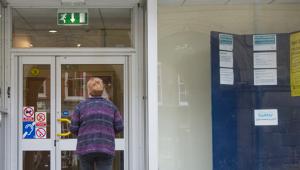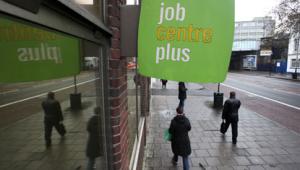The think-tank said that as current projections indicate one in three children and nearly one in four working-age adults will be living in poverty by 2020, independent monitoring of governments’ performance on poverty reduction was needed.
This should include the OBR being required to monitor and forecast levels of poverty, while the Social Mobility and Child Poverty Commission should be have its remit expanded to examine the government’s record across all age groups.
In its UK without Poverty report published today, ahead of the three main party conferences, the foundation said attempts by successive governments to tackle poverty have not been good enough.
Overall levels of poverty are similar now to what they were 25 years ago, chief executive Julia Unwin highlighted.
‘Poverty is a cost the UK cannot afford. It wastes people’s potential and drains public finances, hampering economic growth – child poverty alone costs the UK £29bn a year,’ she said.
‘If we don’t act poverty is likely to increase: the parties’ manifestos are the last chance to stem the rising tide of poverty before 2020. We need governments to adopt proper strategies to address poverty in the UK – not simple lists of policies, with no road-map to its eradication.
‘A seismic shift needs to happen: we have to move from treating the symptoms of poverty to fundamentally tackling its causes. This shift needs to happen now and requires political consensus, commitment and ambition.’
Poverty was not inevitable, she said, as falls in pensionerpoverty had indicated what could be achieved.
‘A comprehensive approach involving government, business, individuals, business, markets, civil society and communities is required,’ Unwin added. ‘This must be backed up full and independent scrutiny from the OBR and the SMCPC.’
Among the calls for action in the report was a proposal to help boost household incomes through both higher wages and improved work incentives under Universal Credit, as well as business action to tackle in-work poverty.
There should also be an increase in personalised support for people with complex needs, as well as access to essential goods and services and sufficient supply of affordable housing.





















